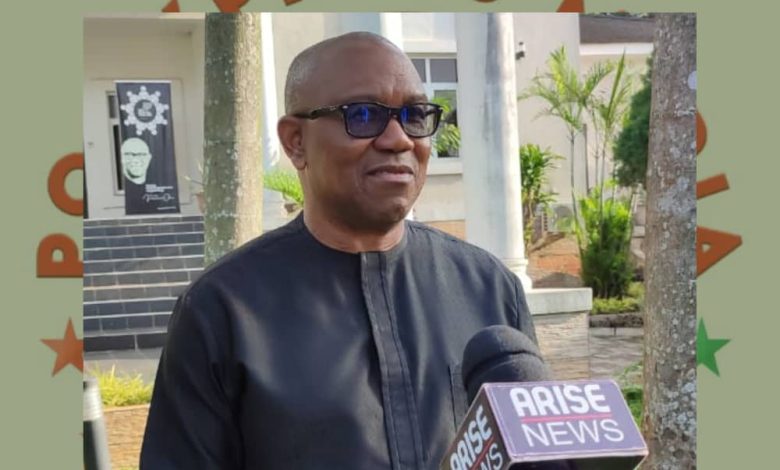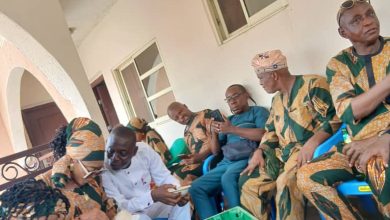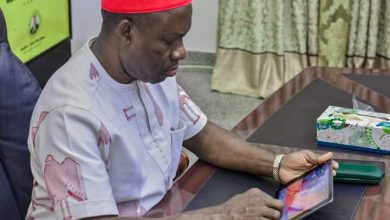
By Valentine Obienyem
I listened attentively to Kenneth Okonkwo’s recent interview, particularly the segment where he made unkind and unprovoked remarks about Mr. Peter Obi. To say I was disappointed would be an understatement. Coming from someone who once enjoyed public goodwill as a vocal figure within the Labour Party, Kenneth’s comments were not only unnecessary, they were deeply unbecoming.
What is most telling is that his outburst was not triggered by a direct attack. Those who carefully followed Mr. Obi’s own interview would have seen a man doing everything possible to avoid descending into personal commentary. True to his nature, Obi focused squarely on policy, principle, and the issues confronting the nation. Even when gently prodded and, at times, cornered by the interviewer to speak about personalities, Obi chose restraint. The few words he did say were couched in general terms, devoid of malice or direct reference.
Yet Kenneth’s response bore all the hallmarks of a man waiting eagerly for a fight. It was as though he had stored up grievances and needed only the faintest pretext to unburden them. Sadly, this is what politics often reveals – when ambition clouds judgment, even past allies become convenient targets.
Politics, more than any other vocation, exposes the content of a man’s character. It strips away pretence and tests the core of his convictions. Kenneth Okonkwo’s reaction, in this case, revealed a lack of political maturity and emotional discipline. His words did not reflect the poise expected of someone of his age and stature. Instead, they echoed the frustration of a man who seeks harvest before the seed has taken root.
The truth is this: many of the challenges the Labour Party currently faces stem from the influx of opportunists – individuals who leveraged Peter Obi’s towering integrity and national appeal to ride into power, only to abandon the party once their goals were achieved. These are men who took their oaths of office under the Labour banner, only to defect with barely concealed haste, motivated by personal calculations rather than any coherent political ideology.
This is more than betrayal – it is a moral failure. In any political structure built on vision and sacrifice, one would expect loyalty, or at the very least, a sense of gratitude. Peter Obi, through sheer force of credibility and purpose, transformed the political fortunes of many. He built momentum where none existed. Should it not be expected that those who rode on his back would wait – watching his next move, aligning themselves with the bigger cause?
But in the age of instant gratification, patience is a rare virtue. Men like Kenneth Okonkwo, rather than building on the foundation laid before them, seem more intent on tearing it down for fleeting visibility. Had he remained steadfast – supportive of the vision, faithful to the cause – nothing would have stood in his way from seeking higher political office within the Labour Party. A Senate seat, a House of Representatives position, or even a governorship would have been well within reach.
But consistency, loyalty, and principle are now often seen as liabilities in a political climate dominated by self-interest. And herein lies the tragedy, not just of Kenneth’s politics, but of Nigerian politics at large.
Those who should be the torchbearers of a new and better political culture are often the first to retreat when that culture demands sacrifice. Rather than embodying the change we so desperately seek, they revert to the same habits that disillusioned the nation in the first place. Kenneth Okonkwo’s recent posture sadly reflects this all-too-familiar regression.
Peter Obi continues to offer a model of politics rooted in principle and service. That such a figure should be vilified by those who once cheered him on is not only ironic, it is instructive. It reminds us that in Nigerian politics, betrayal is never in short supply, and loyalty is often the first casualty of ambition.
And that, tragically, is the problem – with our politics, and with men like Kenneth Okonkwo.



